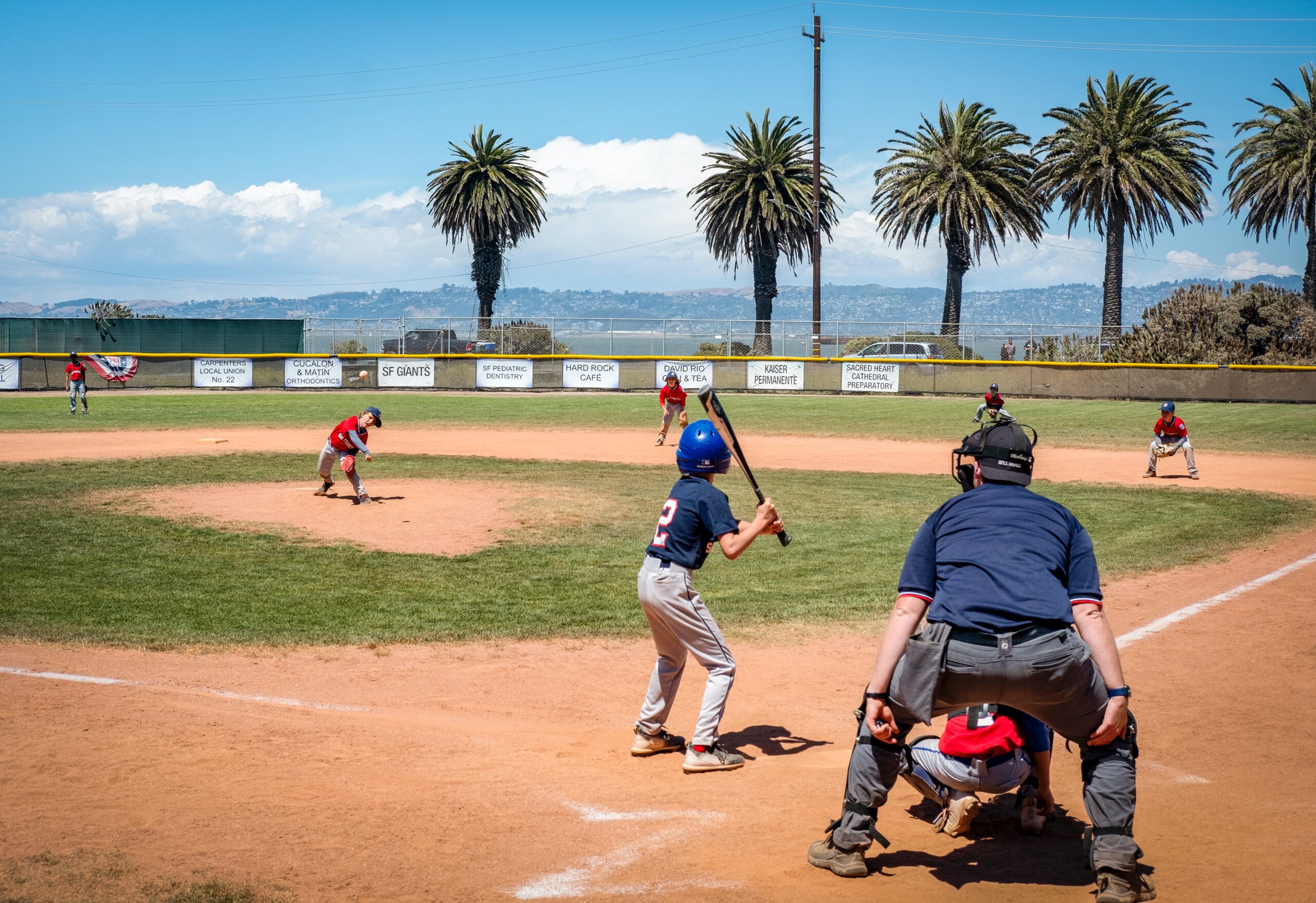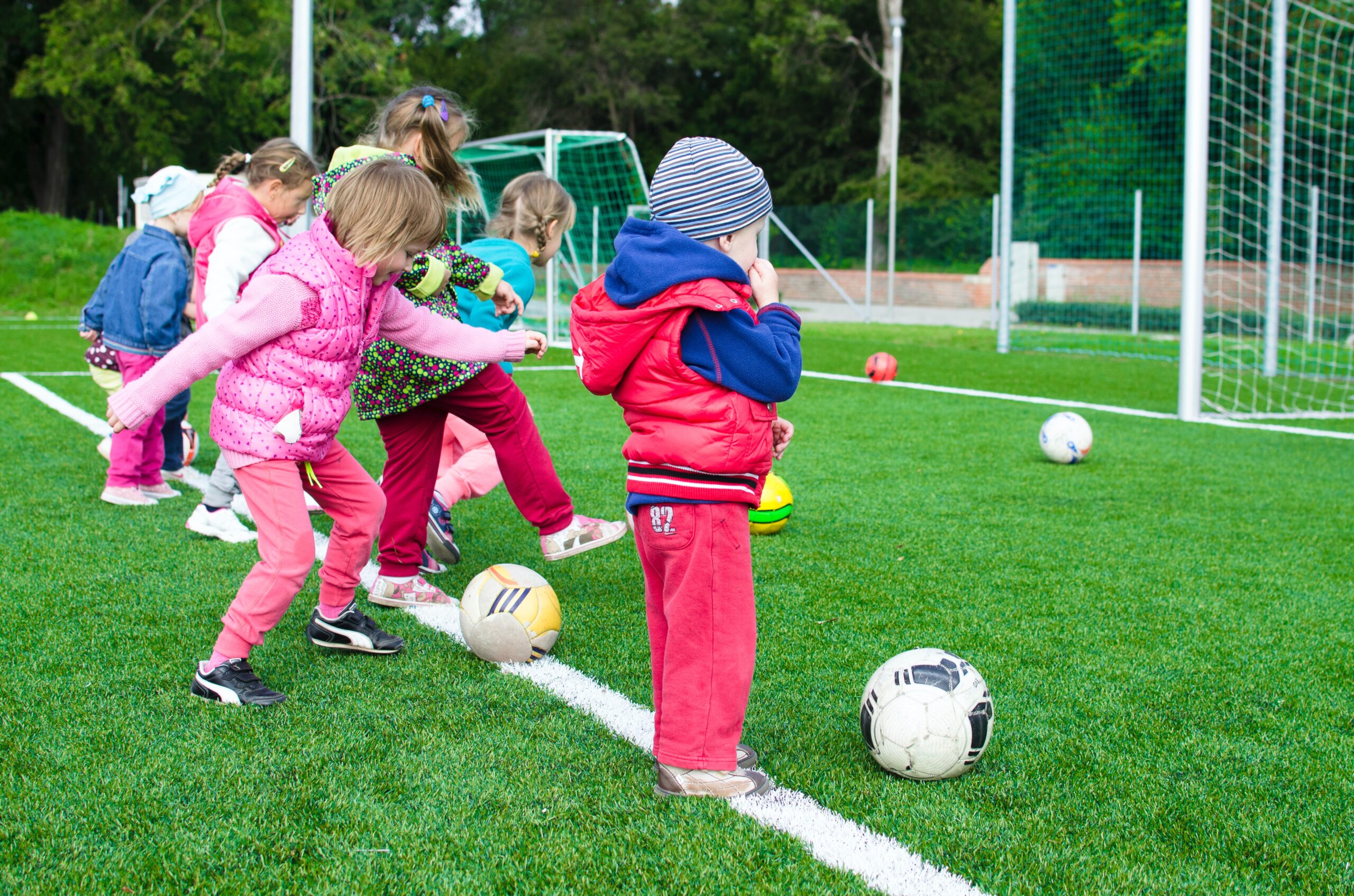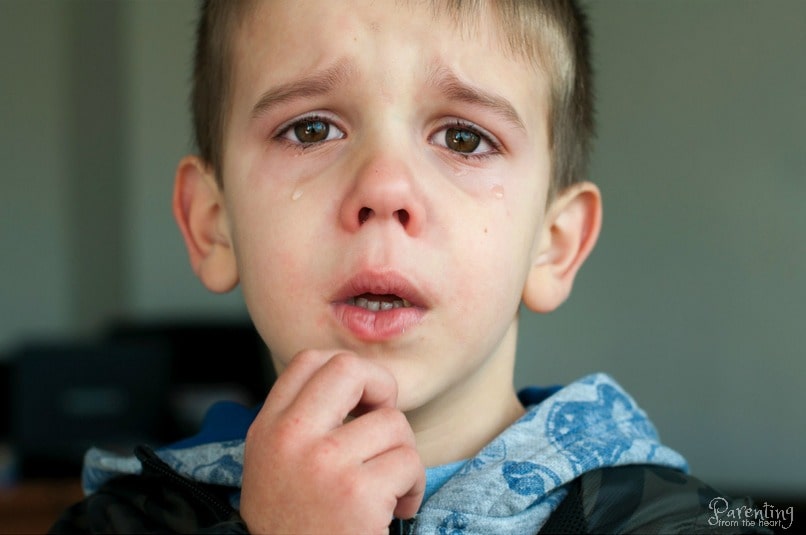Table of Contents
There’s no question parents want to give their children every competitive advantage. We want to raise children who will be successful and have a leg up in such a dog-eat-dog world. With so many extracurricular activities for kids to choose from, this is what science says is the best approach.
It doesn’t help that this time of year, Facebook newsfeeds are punctuated with articles about ‘The Summer Slide.’ They warned that some students experienced academic regression as a result of being away from school for so long.
I remember sitting down with the Parks and Leisure Guide highlighting all the activities I felt my two preschool-aged kids would benefit from. With my highlighter in hand, I did my best to select the activities I thought my kids would enjoy most.
I frantically pressed refresh on the computer waiting for registration to open.
My palms got sweaty.
Because I have two kids so close in age, I always try and get them in the same lessons when I can. The idea of only finding one open space for two kids stressed me out. I wanted the best opportunities for both of my kids, and I loved the idea of my eldest child being there to support their younger sibling.
As anxiety swept over me, I clicked refresh with more determination.

It took me some time. But eventually, I realized all the panic to register my kids in extracurricular activities didn’t pay off.
Last summer was the first time either of my kids had been in an organized sport. For his fourth birthday, my husband and I decided to sign our son up for soccer. The kids didn’t need any more toys and he loved kicking a ball outside.
When he got his jersey and a soccer ball, he was beyond excited.
He set up his own little countdown on the fridge so he could see how many sleeps until his activity started.
Then came the big day.
Soccer started with drills and fun and ended with a short game. My son started out strong. By about the 30-minute mark, my husband and I found ourselves doing everything we could to keep our son from begging to leave.
And it wasn’t just him. About half the team was distracted, asked to go home, or cried.
The whole season played out this way.
This memory makes my heart sink.
It wasn’t just soccer. Most of the activities my kids have been in played out this way.
Because we want our children to see their commitments until the end, our children had to finish out the seasons of the activities they didn’t like. Because of this, we did our best to explain the value of problem-solving and follow-through. We talked to the kids about how they loved soccer or “playing music” (piano). We even resorted to bribing our kids with ice cream afterwards.
Nothing did the trick.
Related reading: How to end power struggles with your strong-willed child

What is the best approach to after-school activities for kids?
When it comes to extracurricular activities for kids, the verdict is in. The best approach is to avoid overscheduling and be minimalistic about how many new things your child joins.
Here’s why…
Researchers have observed that, since the 1950s, children have been spending more time in school, in extracurricular activities, in summer camps, and in front of screens. In elementary school, children are also spending an increased amount of time in the classroom, rather than playing outside at recess. In an effort to get as much out of the school hours as possible, school boards have been cutting recess times. This means less time for outdoor play, less physical activity, and less opportunity to naturally develop social skills. Academic proficiency has replaced mental and physical health as the priority in schools. As such, our children are functioning with lower energy levels and higher anxiety levels, finishing their long day at school feeling burnt out and exhausted.

In this time, the incidence of depression and anxiety amongst youth has increased by 500-800%. One of the main culprits is that we’ve stripped kids’ ability to just be kids.
By depriving children of opportunities to play games on their own, away from direct adult supervision and control, we are depriving them of opportunities to learn how to take control of their own lives. We may think we are protecting them, but in fact, we are diminishing their joy, diminishing their sense of self-control, preventing them from discovering and exploring the endeavours they would most love, and increasing the odds that they will suffer from anxiety, depression, and other disorders. – Dr. Peter Gray
Research conducted from 1938-2007 looked at over 63,000 high school and college students. Even though the study ran during World War II and the Cold War, the most recent generations were the most mentally ill. They found that the more a generation was focused on individual success, the less happy that generation was. This study also found that people who focused on internal measures of satisfaction and worth were the happiest.
In another study involving childhood success predictors, researchers found social competency to be the greatest predictor of success and that academic achievement was “not as reliable.”
Read: There is an undeclared war on childhood. This is how we stop it.

So what is the best approach to extracurricular activities?
When our children are at home with us, the best advantage we can give them is ample time to play.
Researchers know that when children feel like they’re in control, they are less likely to experience depression and anxiety in their lifetime.
Through play, not only do children develop a greater understanding of themselves, but they also feel like they have more control over their worlds. Check out the range from Vuly to encourage more outdoor play.
Free play should be child-directed and open-ended. So that means if they want to play with you, follow their lead. If they are playing with their friends, try not to intervene and just let them figure it out.
Read: How to Build on the Magic of Play-Based Learning

But what about all of those missed skills?
If parents are expected to reduce or completely do away with all extracurricular activities, how will children learn skills or pursue their passions?
As far as the latter is concerned, there is evidence to suggest that children in elementary school who play more have a better sense of themselves and their interests.
When it comes to the latter, Dr. Peter Gray suggests only signing kids up for an activity that they absolutely, one hundred percent want to be a part of.
Using baseball as an example, the psychologist draws an invaluable comparison.
When a child plays baseball with the neighbourhood kids, she has to negotiate the rules of the game with her peers. It could be that hitting a car or towards the windows of the house is an automatic out. She must problem-solve to figure out who should be on what team. Also, she needs to play at her highest level to keep up with the big kids and slow down her play to accommodate the younger ones. At the same time, she’s working on the skills that would be learned in an organized practice such as hand-eye coordination, throwing, and batting.
In contrast, within an organized, adult-directed sport, children are mainly learning the skills of the sport but are not using complex cognitive skills to execute the game on their own. The adults take on all of the higher-level mental processes. When children play games or participate in fun activities without the direction of an adult, they not only have fun doing so, but they learn problem-solving skills and other important social skills that are crucial to a child’s development.
Read: This is the time to change education for good

The ah-ah moment
After realizing how hard we were working to get our children to stay interested in their extracurricular activities, my husband and I decided that we would let our children decide on a maximum of one activity a season. We still make sure they follow through on their commitments even if interest fades. However, we have done our best to keep our own desires for our kids to do “all the things” in check.
The result is amazing.
Not only are they more enthusiastic about the activity they choose and more focused, but the family is also less stressed and more peaceful. It’s definitely a win-win.

Extracurricular Activities FAQ
1. What are extracurricular activities?
Extracurricular activities are any activities scheduled outside of a child’s school day. Typically, they refer to activities that are regularly scheduled through an organization and include, but aren’t limited to music lessons, theatre, organized sports (soccer, baseball, tennis, hockey, football), and many other activities (rock climbing, yoga, Zumba, skiing)

2. Are they good for kids?
As is the case with most aspects of life, the answer lies somewhere in between. Sports are a wonderful way for a child to develop gross motor skills. They also benefit from turn-taking and learning sportsmanship, as well as many other invaluable life skills. In addition, there are many health benefits to regular physical activity including improved cardiovascular health, endurance and strength. Extracurricular activities such as music or art lessons can improve creativity, brain functioning and academic skills. Many activities provide enrichment and are a fun way to meet new friends and develop new skills.
Despite these benefits, less is certainly more when it comes to extracurricular activities. There are many detriments including concerning levels of stress in children who are overscheduled. As such, children should be scheduled minimally and have ample time for screen-free, free play. While we should always encourage kids to try new things, it is important that they also have plenty of quiet time to relax and engage in free play however they choose. This is vital for not only their physical health but also their mental health.

3. What activities can two and three-year-olds do?
While many organizations offer lessons for children this young, many parents will attest that it is very challenging for little ones to engage in independent extracurricular activities. Instead, partake in your favourite activities at home. Practice kicking a ball in the backyard, paint, dance, play catch, do a sensory activity or head out to a swimming pool together. Not only are these fun activities inexpensive, but they are also more likely to create a lifelong love of the pastime as it’s more child-centred and about your relationship with your child.

More great resources you might find helpful
Summer Activities For Kids +3 Golden Rules to Give Your Child the Best Summer Ever
There is an undeclared war on childhood. This is how we stop it.
How to Build on the Magic of Play-Based Learning
How to end power struggles with your strong-willed child
Like this post? Click on the image below to pin it for later!













14 comments